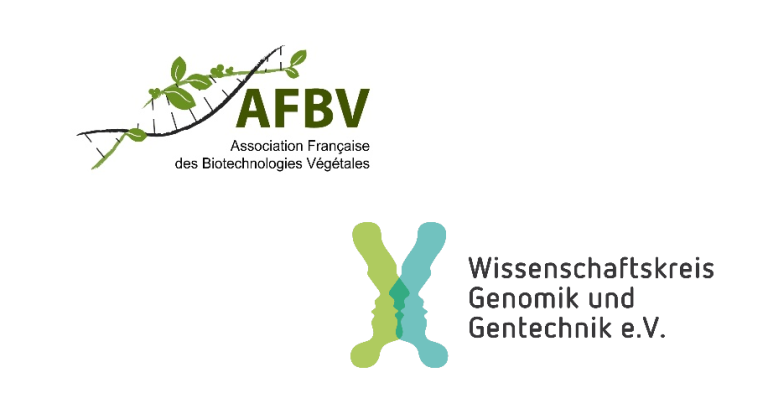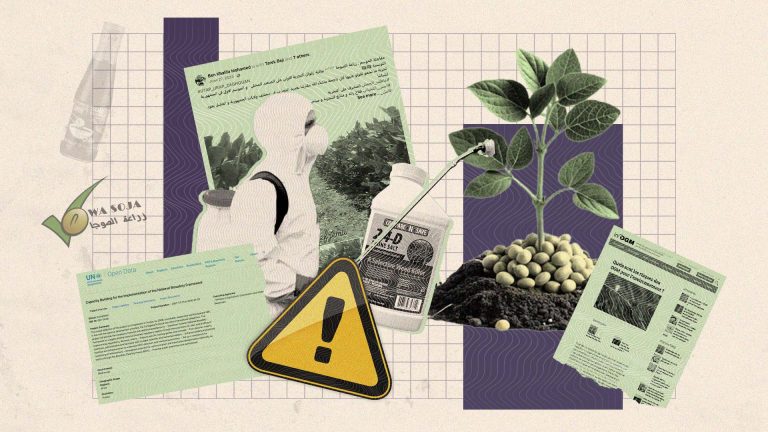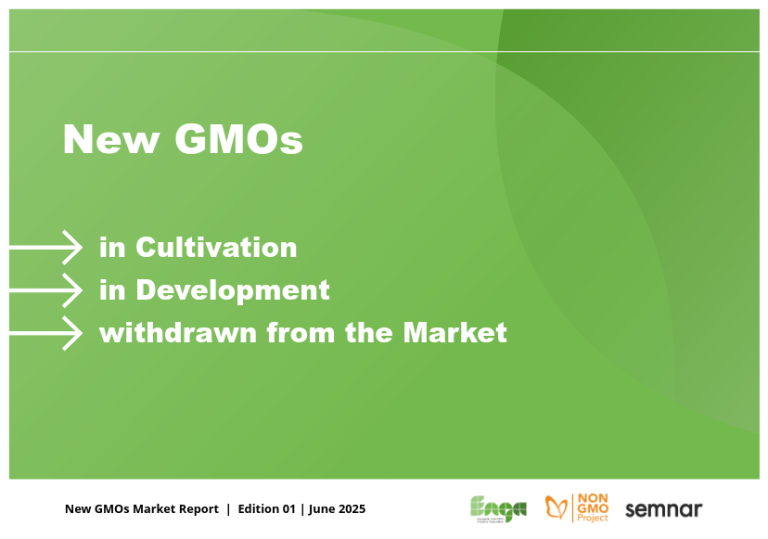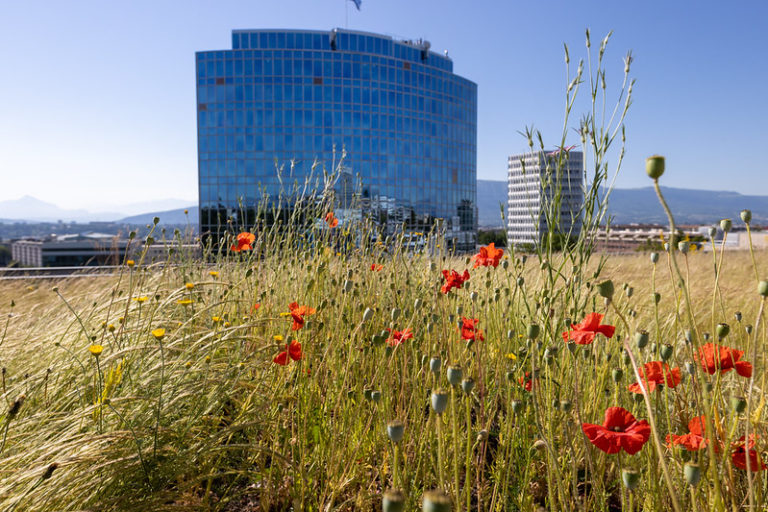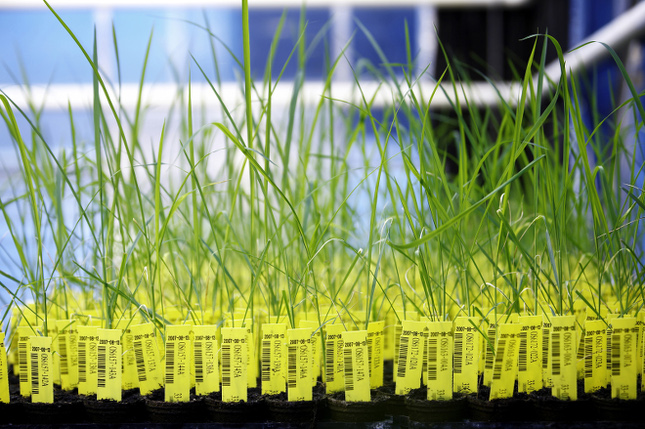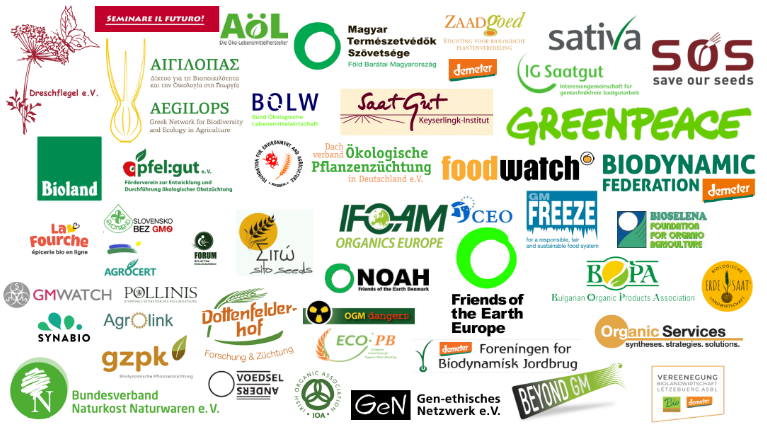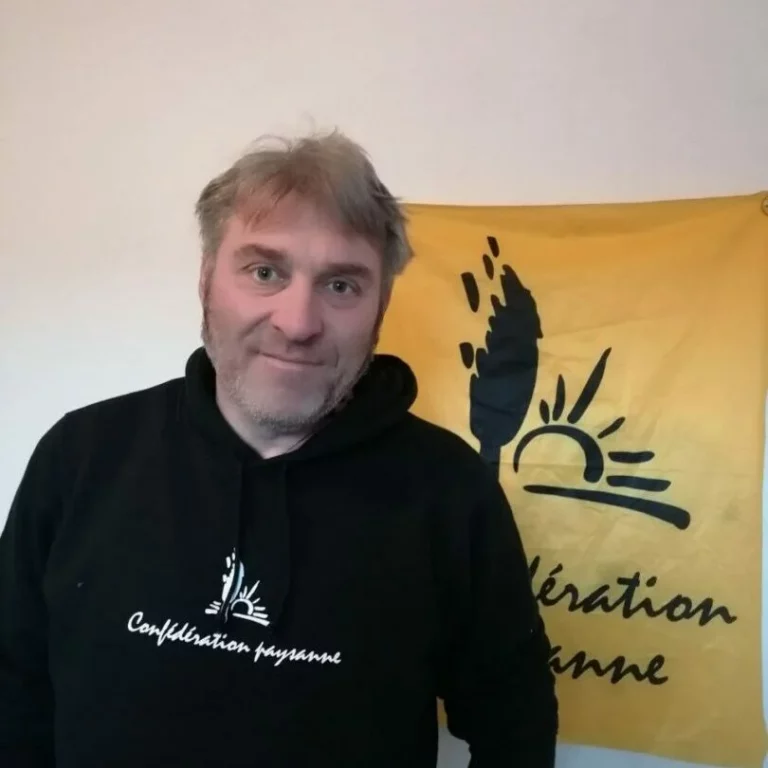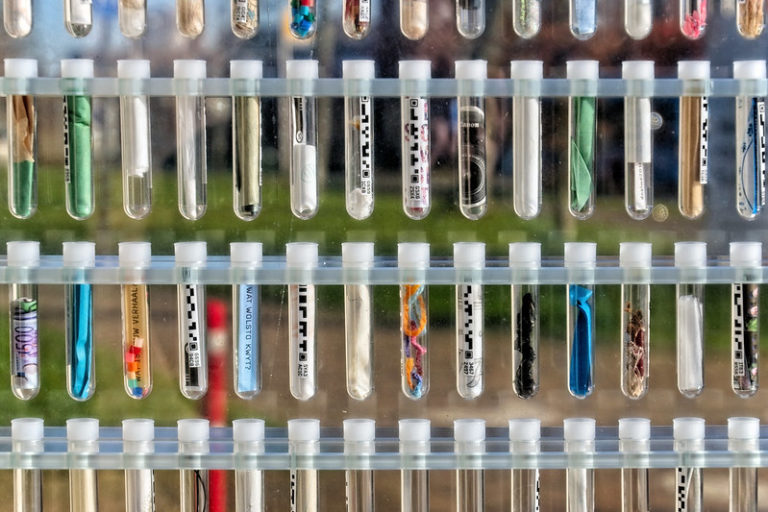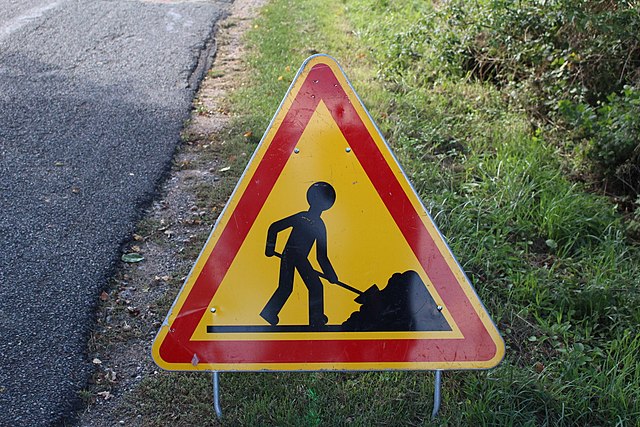The ”Réseau Semences Paysannes”:20 years of defence of cultivated biodiversity
Just 20 years ago, over 350 people, including representatives of farmers’ movements and unions, organic and biodynamic farming organisations and NGOs, came together for the first farmers’ seed meetings in France. These meetings marked the birth of the Réseau Semences Paysannes (RSP), a group of collectives working to promote cultivated biodiversity.
Twenty years on, where do we stand ?
In 2003, the issue of farm-saved seeds was confined to a small world of insiders, and everything still had to be done : finding seeds, reinventing know-hows, experimenting, creating new organisational forms to act together, defending against prohibitive regulations and facing up to the threat of GMOs.
Spreading farm-saved seeds
Since then, many books, films, research programmes and, more recently, podcasts have documented the dynamic management of cultivated biodiversity and raised the profile of farmers’ seeds.
These seeds are not just “seeds” : they are the fruit of colossal collective work and carry a strong political message. When certain terms (old seeds, local varieties, farmers’ selection, etc.) are used for marketing purposes, they are emptied of their substance.
The seed industry and supermarkets are indeed using expressions from the ecological struggle to convince a public that is increasingly sensitive to these issues : we have seen F1 hybrid “old tomatoes”, pleas in favour of new GMOs promoting sustainability and the fight against climate change…
The RSP did try to play this game, to enable consumers to identify and recognise products made from farm-saved seeds, with their associated values, by experimenting with a brand… which in the end only remained at the experimental stage, in particular because of the risk of being taken over by supermarkets.
Today, a “farm-saved seed” label can sometimes be attached to marketed products, but it must be accompanied by educational documentation. These rules of use and operation are defined collectively by the members of the RSP.
In the final analysis, this confrontation with the world of mass distribution illustrates just how important it is, over and above raising awareness of the term, to defend the values embodied in farm-saved seeds.
Swinging into action for legal recognition
Since its creation, the Réseau has been involved in the legal recognition of farmers’ seed production practices and farmers’ rights over their seeds. At the time, the Official Seed Catalogue [The Official Seed Catalogue is the restrictive list of varieties whose seed and seedlings are authorised to be marketed in the European Union. In order to be registered, varieties must meet the criteria of distinctness, uniformity and stability (DUS) and VATE (agronomic, technical and environmental value) for field crop species.]] was strong, and it was not until 2004 that the ITPGRFA, which recognises the right of farmers to use, exchange and sell their own seed, was ratified by France [1].
The RSP began by working to bring this issue to the fore in the political arena and the media, by launching petitions, drafting legislative proposals and, more generally, by actively lobbying national, European and even international bodies. RSP representatives have taken part in meetings of the ITPGRFA Governing Body and ministerial cabinets, and have sat, in France, on bodies such as the Foundation for Research on Biodiversity (Fondation pour la Recherche sur la Biodiversité), the “Genetic Resources” section of the Permanent Technical Committee on Plant Breeding (Comité Technique Permanent de la Sélection ) and the High Council on Biotechnology (Haut Conseil des Biotechnologies).
The RSP is also involved in the fight against varieties made tolerant to herbicides by mutagenesis, or hidden GMOs, as part of the Poitiers Appeal [an informal group comprising the Confédération Paysanne, the RSP, Vigilance OGM 33, CSFV 49, Vigilance OG2M, Nature et progrès, OGM Dangers, Friends of the Earth France and the Collectif vigilance OGM et pesticides 16]]. This trial is still ongoing, with the issue of new GMOs recently brought into the debate.
At the same time, the Seed Legal Watch (Veille Juridique Semences) was set up in 2009 to pool information on seed rights (marketing regulations, industrial property rights, farmers’ rights, “new GMOs”, etc.). In 2013, the VJS directed its efforts on facilitating discussion and building collective expertise. An effort was being made to popularise legal issues, with the production of thematic fact sheets and educational summaries, the organization of brainstorming groups on specific points and the running of training courses.
Since then, in its new guidelines adopted at the end of 2017, the RSP has chosen to no longer carry out active advocacy. It focuses on supporting its members’ advocacy. The long time needed to develop collective proposals is hardly compatible with political time, and the diversity of the players making up the RSP makes it difficult to build adamant positions.
Uniting to defend cultivated biodiversity
However, building and participating in alliances and coalitions is, and remains, the very essence of the RSP. As early as 2005, the RSP, together with the Coordination nationale pour la défense des semences fermières (National Coordination for the Defense of Farm-saved Seeds), initiated the European meetings “Libérons la diversité“(Let’s free Diversity), which led to the creation in 2012 of the European coordination Let’s Liberate Diversity (LLD), which brings together organisations for the defence of cultivated biodiversity from all over Europe. Today, the coordination has become a genuine platform for exchange, with the organisation of annual European meetings.
For two decades, sowers have been organising and taking part in meetings (international, national, by species, by themes, etc.) : it is through exchanges, migrations and blending that cultivated biodiversity lives and is enriched. These meetings have one essential thing in common : they leave room for practitioners and focus on exchanges in the fields and gardens. This need to meet and exchange has led to the concept of Maisons des Semences Paysannes (see box).
Les Maisons des Semences Paysannes : a space for collective work
The story goes that the Maisons des Semences Paysannes (MSPs) were inspired by the Brazilian Casas de Sementes Criolas, places for the collective management of farmers’ seeds, introduced in France by Agrobio Périgord in the early 2000s.
The formula is proving a success, and is spreading well beyond the RSP, as there are now several dozen MSPs throughout France. Giving a standard description of MSPs would be a perilous exercise. They all operate in their own way. Some have a physical existence, with a place of their own, while others do not. Some bring together farmers, others gardeners, and some combine the two. Some work on vegetables, others on wheat or maize, and others on all species. Some have dozens of members, others just a handful.
The important thing to remember is that MSPs are a flexible framework, available to all those who want to manage cultivated biodiversity collectively.
Further information : Réseau Semences Paysannes, Les Maisons des Semences Paysannes. Regards sur la gestion collective de la biodiversité cultivée en France, 2014.
Horizontality : embodying a different model of society
Beyond the “what”, the question of how is also important. Since 2010, the RSP has been gradually “cultivating horizontality” : the association’s office is collegiate, the team staff and the Board of Directors operate under shared governance, members have plenty of opportunities to get involved beyond the Board, and collective intelligence tools are being used in meetings, training courses and other gatherings…
Finally, in moments of despondency, it can seem as if nothing has changed in 20 years, and that nothing can be done against the giants of agribusiness, the privatisation of life and capitalism. But it is not because they speak louder that other voices don’t exist. Today, the RSP is investing its efforts in the construction of alternatives to build another model of society, more respectful of living beings in all their dimensions.





